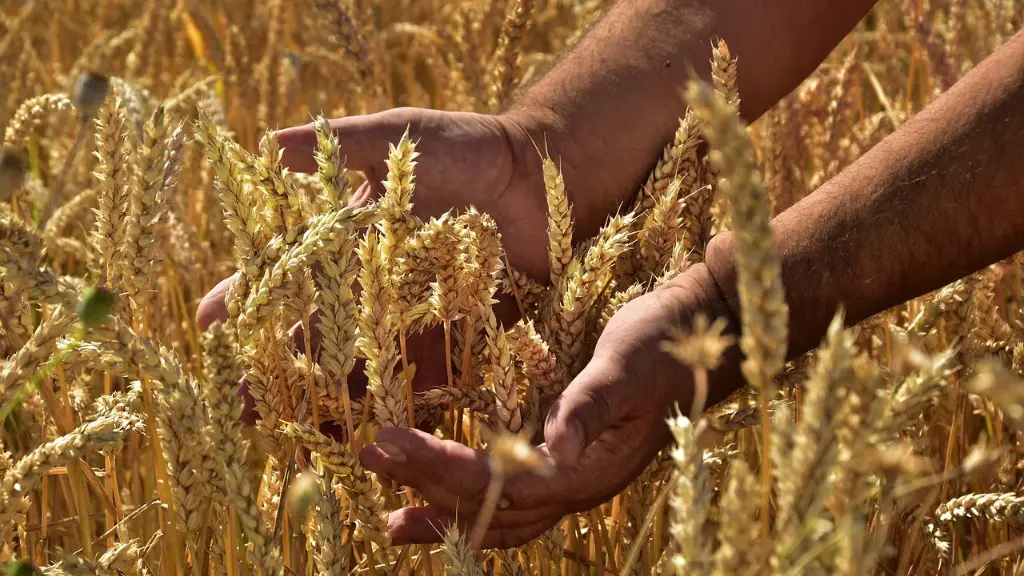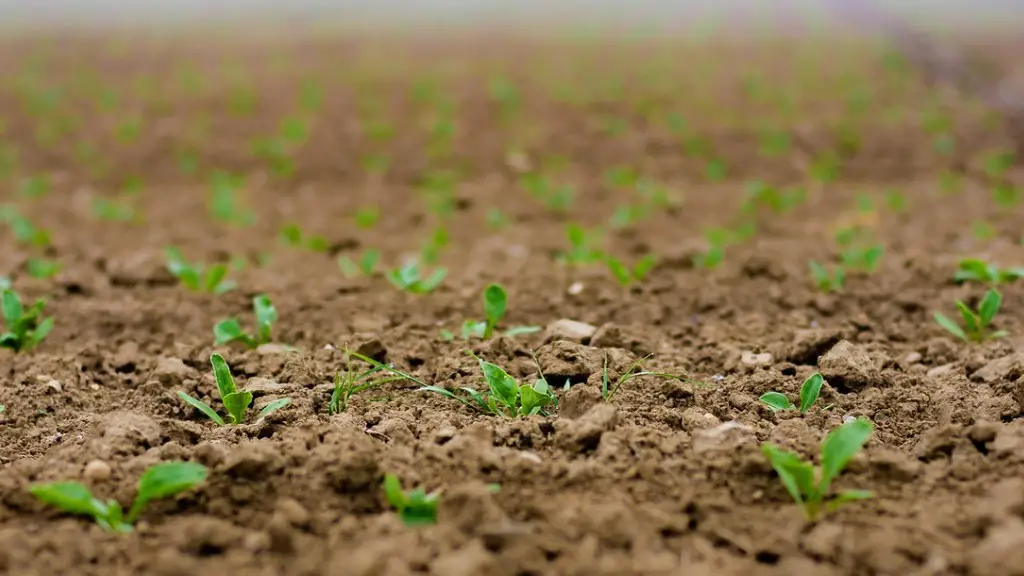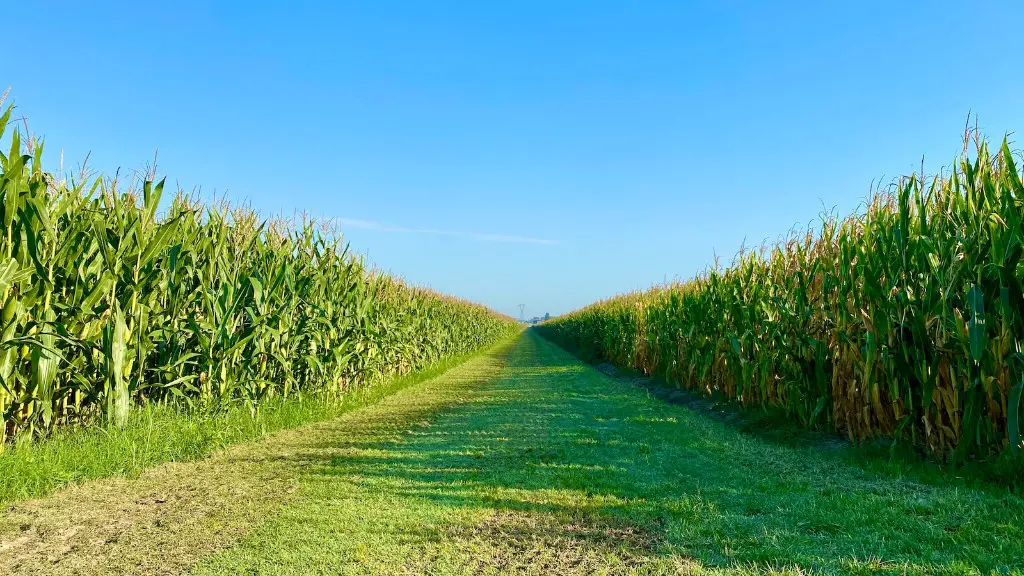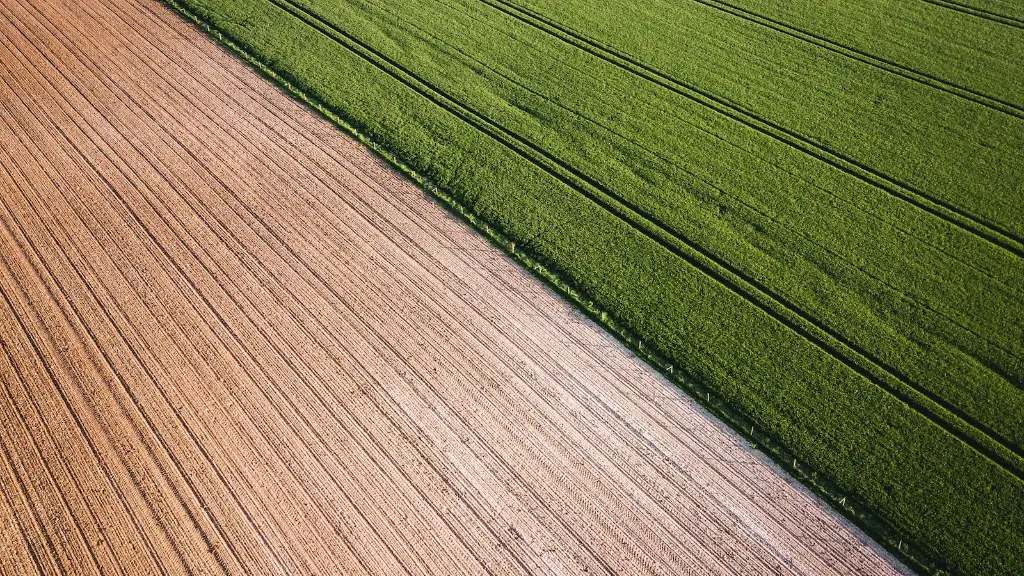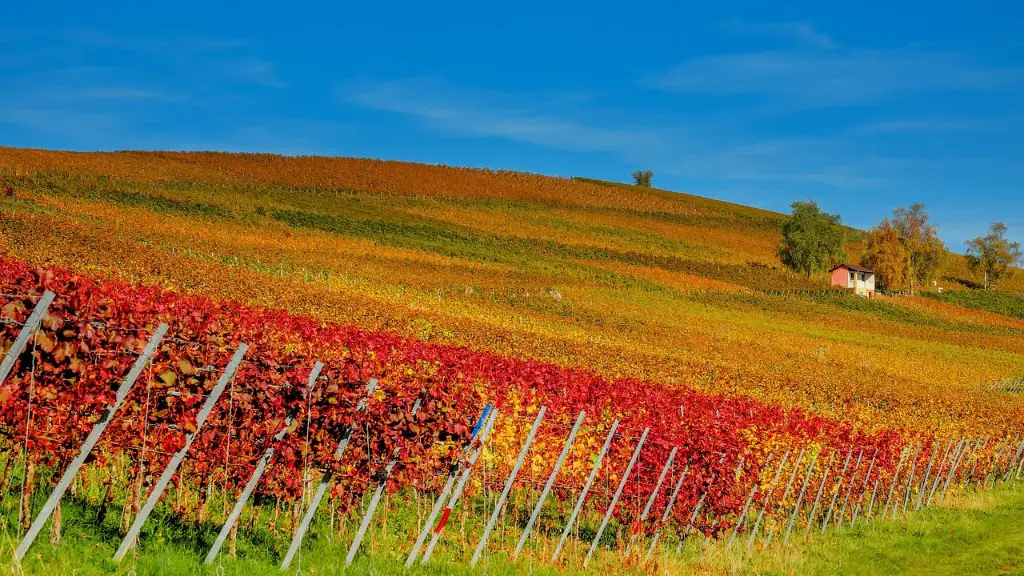Most people don’t think about agriculture and how it impacts their daily lives, but the fact is that agriculture is a part of everything we do. From the food we eat to the clothes we wear, agriculture touches our lives in more ways than we realize. Let’s take a closer look at how agriculture impacts our daily lives.
Agriculture has a huge impact on our daily lives, whether we realize it or not. Every time we eat breakfast, lunch, or dinner, we are consuming products that come from agriculture. Fruits, vegetables, grains, dairy, and meat are all products of the agricultural industry. In addition, many of the household items we use on a daily basis are made from agricultural products, such as cotton (clothing, towels, sheets, etc.), wood (furniture, floors, etc.), and even our pets’ food.
What impact does agriculture have on humans?
There is an increased prevalence of many acute and chronic health conditions among farmers, including cardiovascular and respiratory disease, arthritis, skin cancer, hearing loss, and amputations. Other health outcomes, such as stress and adverse reproductive outcomes, have been little studied in the agricultural workplace.
When early humans began farming, they were able to produce enough food that they no longer had to migrate to their food source. This meant they could build permanent structures, and develop villages, towns, and eventually even cities. Closely connected to the rise of settled societies was an increase in population.
How did agriculture impact us
The agricultural sector is a vital part of the US economy, contributing a significant share of the country’s gross domestic product. In 2021, agriculture, food, and related industries contributed roughly $1264 trillion to US GDP, accounting for 54 percent of the total. The output of America’s farms alone contributed $1647 billion to this total, or around 7 percent of US GDP. The agricultural sector plays a vital role in sustaining the US economy and supporting the livelihoods of millions of Americans.
The five environmental effects of agriculture are soil fertility loss, eutrophication of water bodies, deforestation, climate change and pesticide pollution. All of these problems are caused by the way we currently farm and the way we use the land. Soil fertility loss is caused by the way we till the soil and the way we use chemicals on the land. Eutrophication of water bodies is caused by the way we use fertilizers and pesticides. Deforestation is caused by the way we clear land for farming. Climate change is caused by the way we use fossil fuels to power our farms. Pesticide pollution is caused by the way we use pesticides on our crops.
Why is agriculture important to people?
Agriculture can help reduce poverty, raise incomes and improve food security for 80% of the world’s poor, who live in rural areas and work mainly in farming. The World Bank Group is a leading financier of agriculture, providing loans, grants, risk management tools and technical assistance to developing countries. We support countries in their efforts to increase agricultural productivity and incomes, while ensuring that environmental and social risks are managed responsibly.
Agriculture is the main source of raw materials for many industries. It is also important to international trade and plays a big role in a nation’s revenue. Agriculture provides employment for many people and is crucial to a country’s development. It can also help heal the environment.
What are three impacts of agriculture?
While agriculture can have negative impacts on the environment, it can also have positive impacts. Agriculture can trap greenhouse gases within crops and soils, or mitigate flood risks through the adoption of certain farming practices. These positive impacts can help offset the negative impacts of agriculture, and make it a more sustainable industry.
Farming is a great way to live a healthy lifestyle. Not only does it provide a source of income in rural areas, but it also helps develop younger generations. Farm work helps to teach children the value of hard work and responsibility. In addition, farming can help the environment thrive.
What are the positive impacts of agriculture to the society
Urban farming can have many benefits as mentioned in the prompt. Some popular benefits include lower greenhouse gas emissions, minimal transportation requirements, and reduced energy use for food production. As the benefits are becoming more and more acknowledged, the trend of urban farming is starting to become quite popular. This is due to the fact that many people are now interested in eating fresh, organic food that has not been transported long distances. In addition, urban farming can help to improve the local environment and provide more green space in cities.
The benefits of a healthy diet are well-known – decreased rates of inflammation-based disease and other negative health outcomes, and improved access to and consumption of a diversity of whole foods and availability of culturally appropriate diets. However, what is often not as well-known are the potential benefits of a healthy diet for specific population groups.
For example, a healthy diet has been shown to decrease the risk of developing Alzheimer’s disease and dementia. In addition, a healthy diet can help to reduce the symptoms of anxiety and depression. And, for those who are already living with chronic conditions such as heart disease, diabetes, and arthritis, a healthy diet can help to improve overall health and quality of life.
Making sure to consume a variety of whole foods, and to keep up with culturally appropriate diets, is important for everyone. However, for those at risk for certain chronic diseases, or for those who are dealing with mental health issues, a healthy diet can make a big difference.
What is the major impact of agriculture in our economy?
It is well known that the agricultural sector is a major source of employment in many developing countries. What is less well known is that growth in agriculture often results in an almost immediate impact in terms of increased employment of rural labour in a host of non-tradable activities.
One study found that for every 1% growth in agricultural output, employment in non-agricultural activities in rural areas increased by 0.6%. The main reason for this is that increased incomes from agriculture lead to increased demand for goods and services in rural areas. This in turn leads to more jobs in the non-agricultural sector, which then provides additional incomes that are further spent in the local economy.
There are a number of policy implications of this finding. First, it suggests that policies that promote growth in the agricultural sector are likely to have a direct and positive impact on employment in rural areas. Second, it underscores the importance of policies that aim to promote non-agricultural activities in rural areas, as these are likely to be an important source of employment for those who benefit from agricultural growth.
Agricultural Revolution led to the growth of cities and civilizations. It also resulted in an increase in the global population as crops and animals could be farmed to meet the demand.
What is the most important part of agriculture
In modern agriculture, maximizing and sustaining crop yields are the main objectives. This means that farmers must use the best possible techniques and technologies to ensure that their crops grow healthy and strong. In addition, farmers must also be aware of the potential risks that their crops face, such as pests and diseases. By implementing these practices, farmers can help to ensure that their crops will yield the best possible results.
It is impossible to have a stable economy without agriculture. Agriculture is the foundation of civilization and any stable economy. Without agriculture, there would be no food production, and no way to support a population. Agriculture is essential to the stability of any economy.
How does agriculture reduce poverty?
The very poorest people in society primarily benefit from agricultural growth. This is because agricultural growth increases the demand for labour, which in turn increases the probability of obtaining employment. Furthermore, agricultural growth may also lead to increased wages, meaning that the poorest people in society can earn more money from selling their labour.
Since agriculture is the largest industry in developing countries like India, it can and must play an important role in pushing up the rate of capital formation. If it fails to do so, the whole process of economic development will suffer a setback.
Is agriculture important in today’s society
Agriculture provides food, clothing, and shelter. It helps people to enjoy a higher quality of life. Agriculture is essential to human existence and well-being. It plays a vital role in the economic, social, and environmental development of a country. Agriculture provides the major source of food, clothing, and shelter for people around the world. It also provides raw materials for industry, fuel for energy, and a variety of other products and services. Agriculture is a major contributor to the world economy, and it plays a vital role in the development of many countries.
The agricultural sector in India is facing a number of challenges, which are contributing to a constant drop in this sector while the service sector is comparatively improving. These challenges include:
-The high cost of inputs, such as seeds, fertilizers and water
-The low productivity of land
-The lack of mechanization
-The small size of land holdings
-The limited access to credit
-The limited access to markets
-The lack of awareness about better farming practices
If these challenges are not addressed, the agricultural sector in India will continue to decline, which will ultimately have a negative impact on the country’s economy.
Final Words
The food we eat, the clothes we wear, and the fuel we use to heat our homes and drive our cars all come from agriculture. In fact, almost everything we depend on to live comes from crops or animals. That’s why a strong agricultural sector is vital to a strong economy.
Agriculture is the process of producing food, fiber, and other desired products by the cultivation of certain plants and the raising of domesticated animals. The impact of agriculture on our daily lives is evident in the food we eat, the clothes we wear, and the products we use. Agriculture provides us with nutritious foods that keep us healthy, fabrics that keep us warm and comfortable, and materials that we use in our homes and workplaces. Agriculture is essential to our way of life and our continued survival.

